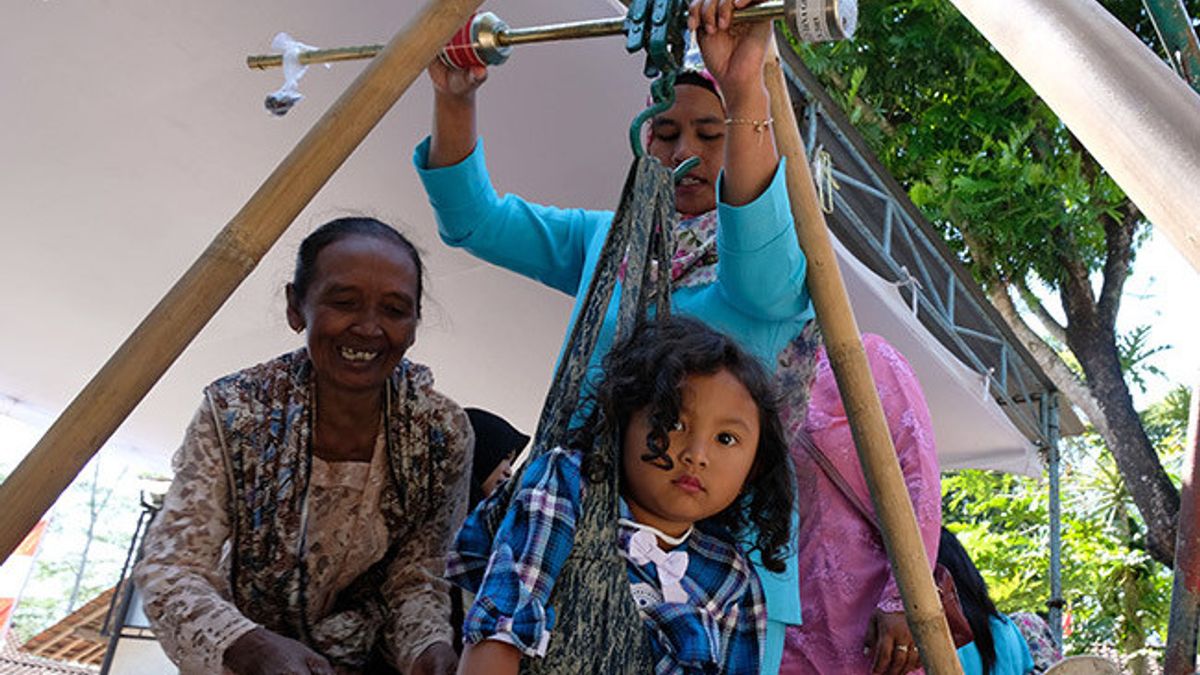JAKARTA - The National Population and Family Planning Agency (BKKBN) stated that National Family Day which falls on June 29, 2022 is the right time to increase the role of the Family Assistance Team (TPK).
Head of BKKBN Hasto Wardoyo said stunting can be prevented by promoting the role of TPK in providing education related to stunting or improving community nutrition, recording every condition of growth and development of toddlers and providing consultation to pregnant women.
"In order to protect toddlers and pregnant women from experiencing stunting, the BKKBN has formed a TPK whose job is to assist, record children under five and pregnant women and provide consultation to them," said Hasto in a written statement, quoted from Antara, Thursday, June 9.
In order to increase the role of TPK in the regions, the BKKBN has prepared a physical and non-physical Special Allocation Fund (DAK) every year through OPD KB. The funds can be used for infrastructure development, meeting costs, TPK honorarium budget as well as funds for post-vasectomy and tubectomy acceptors.
Hasto hopes that the funds can increase the program to improve the Family Development, Population and Family Planning (Bangga Kencana) program as well as the regional stunting reduction acceleration program.
“The transfer of funds can be submitted by the district government in the field. With the hope that the deputy regent's support in this matter will increase public confidence in the work of the district government which is pro to the people," said Hasto.
Deputy Regent of Sinjai, South Sulawesi, A. Kartini Ottong, said that he would follow up on stunting conditions in his area.
Kartini is optimistic that through strengthening the role of TPK and building a healthy environment for families, they can contribute to protecting every child from stunting that is detrimental to their future. in 2024," he said.
The prevalence of stunting in Sinjai Regency is known to have reached around 27 percent. The BKKBN also lowered 600 TPK consisting of midwives, PKK cadres and family planning cadres to help local programs succeed in reducing stunting.
Hasto added that environmental factors such as poor drinking water sources and uninhabitable houses are some of the causes of stunting in children. Improper drinking water will increase the risk of illness in mother and child, so that the growth and development period is disrupted.
Like in Sinjai Regency, for example. The percentage of drinking water that does not meet healthy standards reaches 7 percent and 29 percent of families live in uninhabitable houses. The area needs improvement on the development of a clean and healthy environment.
The English, Chinese, Japanese, Arabic, and French versions are automatically generated by the AI. So there may still be inaccuracies in translating, please always see Indonesian as our main language. (system supported by DigitalSiber.id)










